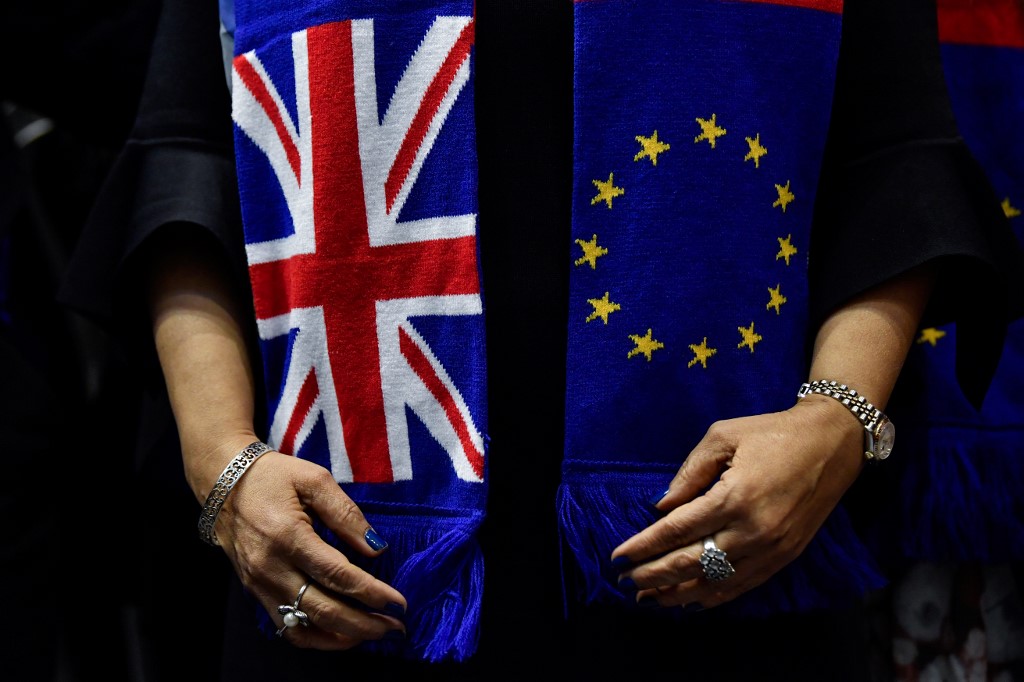There are two ways of selling goods via Amazon. With the first, you list your products on Amazon and when a customer orders that item, the seller dispatches it directly from their premises. This is known as ‘fulfilled by merchant’. The other way is known as ‘fulfilment by Amazon’ (FBA). The fee structure is higher, but via this method, a seller ships their inventory directly into Amazon fulfilment centres. When a customer orders that item, Amazon ships it straight to the buyer while Amazon customer services take care of all queries, returns, refunds and issues on behalf of the seller.
Currently, there are over 100,000 active registered Amazon sellers in the UK. Although it is difficult to find exactly how many of them presently use FBA services, 66 percent of Amazon’s top 10,000 sellers do. For those who use this FBA service, there are currently two options for listing and selling across all Amazon’s European marketplaces: via the European fulfilment network and via Amazon’s pan-European service. Neither of these options will be available to UK sellers when the Brexit transition period ends in just four months’ time.
Using Amazon’s European fulfilment network is a straightforward service for FBA sellers that enables them to try to crack the European market without the requirement of complex, multi-regional tax systems and accounting. Amazon will list a seller’s items across all European marketplaces, providing exposure to over 400 million customers. All the seller has to do is to ship their inventory to a UK fulfilment centre and pay Amazon the relevant fulfilment fees when a European customer orders that item. In this case, there is no requirement for the seller to be tax registered and pay sales tax (VAT) in the other EU marketplaces, unless their sales exceed the distance selling threshold, which varies from €35,000 and €100,000 per annum, dependent on the country. The loss of this simple service will be a devastating blow to tens of thousands of small businesses and start-ups. It will drastically diminish customer reach and could have a significant effect on sales.

Amazon’s Pan-European service, which will also cease to exist, requires a seller to be tax registered in the other European marketplaces to participate. Vitally, it allows a seller’s goods to be stored and sold directly out of EU countries’ distributions centres. By opting for this service, a seller allows Amazon algorithms to look at the seller’s inventory and, at their discretion, remove stock from a UK warehouse and place it in another distribution hub in Europe. These complex algorithms tell Amazon that, for example, six items may be needed in Germany, five in France or three in Spain. The items are eligible for the ‘Prime’ service to EU customers, while the seller only pays UK fulfilment fees making it a very cost-effective option.
Although sellers will still have the option to ship stock directly into fulfilment centres in the EU, they will have to decide on what items to send, the quantity, to which destination, complete customs paperwork, and, possibly, pay tariffs. While larger businesses may choose to invest in IT solutions or staff to make these decisions, many smaller sellers will not have the resources, the know-how or the experience to do so. Stock in Amazon’s fulfilment centres carries a monthly storage fee and if it does not sell in 12 months, the seller will incur long-term storage fees, or have to pay for the return of their stock. Fundamentally, the process becomes far more expensive, complicated and convoluted.
The double whammy facing sellers this year is that Amazon will almost certainly stop locating stock throughout Europe well before the end of the transition period. Also likely is the repatriation of the seller’s products back to the country of origin before the end of December. So not only will UK sellers be losing these simple, convenient and cost-effective services in January, but they are also likely to lose out on the increased seasonal sales they would traditionally expect around Black Friday, Christmas and New Year.
They didn’t mention that on the side of a bus.
Lisa Burton, Council Member Bremain in Spain






